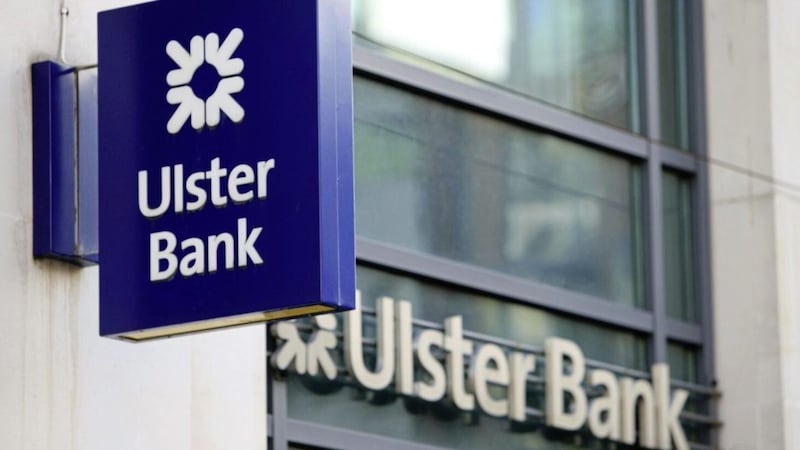MORE than two in five businesses in the north have scaled back Brexit preparations since the official leave date was extended, new research shows.
A total of 42 per cent of manufacturing and services firms in Northern Ireland have either put exit plans on hold or cut back on their preparations ahead of the revised October 31 deadline, according to the latest Northern Ireland Chamber and BDO survey.
The quarterly analysis reveals that three-fifths (62 per cent) of Chamber members have made some preparations for the impending EU withdrawal, but many (22 per cent) remain idle.
The survey, which covers the period April through to June, highlights subdued economic growth in the north's economy, with the manufacturing sector a particular cause for concern.
The data shows that while there has been some uplift in confidence and investment intentions, eight of the 14 key balances fell over the quarter. The sector's cash flow position is the lowest of all 12 UK regions, while the percentage of manufacturers operating at full capacity (29 per cent) now sits at its lowest point in almost five years.
Looking ahead the outlook is no brighter, with more firms in the sector expecting orders to fall over the next three months than those expecting them to rise - the weakest level since the beginning of 2013.
It was better news within services as almost all key balances are positive and half of the 14 are up on the previous quarter. A slight uplift in domestic sales and orders was also recorded.
That being said the sector’s weak export performance persists, investment intentions continue to decline and
the percentage of businesses operating at full capacity is its lowest since 2015.
Recruitment remains an issue within both sectors, with three-quarters (76 per cent) reporting difficultly hiring staff in the last quarter.
Northern Ireland Chamber chief executive, Ann McGregor said local businesses are performing admirably in the face of Brexit-related uncertainty.
“Businesses across all sectors are to be commended for trying to keep confidence around growth prospects up in the face of such challenges, but it is not surprising that they are finding it difficult to make investment decisions given the level of uncertainty surrounding the future," she said.
"Companies urgently need to see a pro-business approach from the new government. Without a sensible and pragmatic plan to break the Brexit impasse and the urgent restoration of power-sharing at Stormont, these indicators could quickly become starkly negative economic realities and the business community will find itself in an even more challenging position next quarter. We have to find a way to stop the Northern Ireland economy losing any more ground."
Brian Murphy, managing partner at BDO added:
“There is no doubt that the Northern Ireland business community needs a plan from decision makers as to how key issues affecting growth will be addressed. Individually, we also have to acknowledge that we are coming to the end of the 'wait and see' period and it’s critical now that we are geared up and ready to go.”







